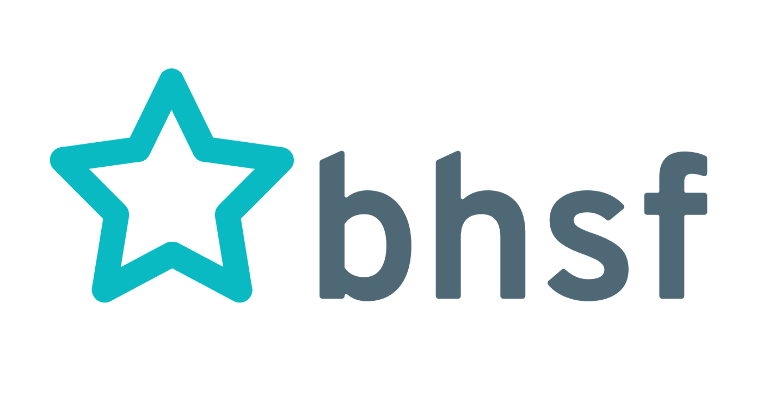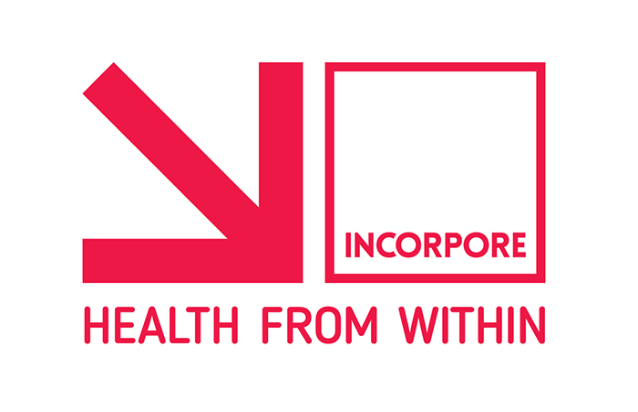For your people to thrive, they need to feel their best in as many areas of their lives as possible. We’re here to help you help your people achieve that, with valuable tools and support for their physical, financial and emotional wellbeing.

We’re not here to just give your people access to ‘stuff’, we want to unlock their ability to live a fulfilled and happy life. That’s why we only work with some of the best professional UK providers that are true experts in their field and fully equipped to provide valuable support that counts. Plus, because we know every single person is different and has different needs, we want you to hand-pick the tools and support we deliver for you, so you can truly help your people thrive.

Money can’t buy happiness, but how your people feel about their finances will have a huge impact on their overall wellbeing. With our expert partners, we offer educational resources and money management tools that’ll help your people feel more in-the-know and in control of their money. This means they’re better equipped to flourish in life!

Our minds are wonderfully complex and need to be nurtured and supported just as much as our physical health. That’s why we partner with a range of fantastic providers that offer professional mental health support that’s convenient, confidential and there whenever your people need it so they can prioritise their emotional wellbeing.

It’s not always easy or accessible to take good care of our physical health. We’re here to bridge that gap and help your people give their bodies the support and attention they deserve – whether that’s investigating a health concern, sorting out an injury or improving fitness levels so their body works better for them. You choose the support. We’ll deliver it to your people.







We deliver our solutions from one web platform and mobile app which are branded to your business, so your scheme feels your own.
You’ll have access to self-service features so you can tailor your scheme further, communicate with your people and make the most out of our tech.
Plus, you’ll get valuable insights to measure success, and we’ll deliver regular communications to help your people enjoy the great savings they’ve got access to.

Great! We’d love to learn more about you, your organisation’s goals and your people to see how we can help them thrive.